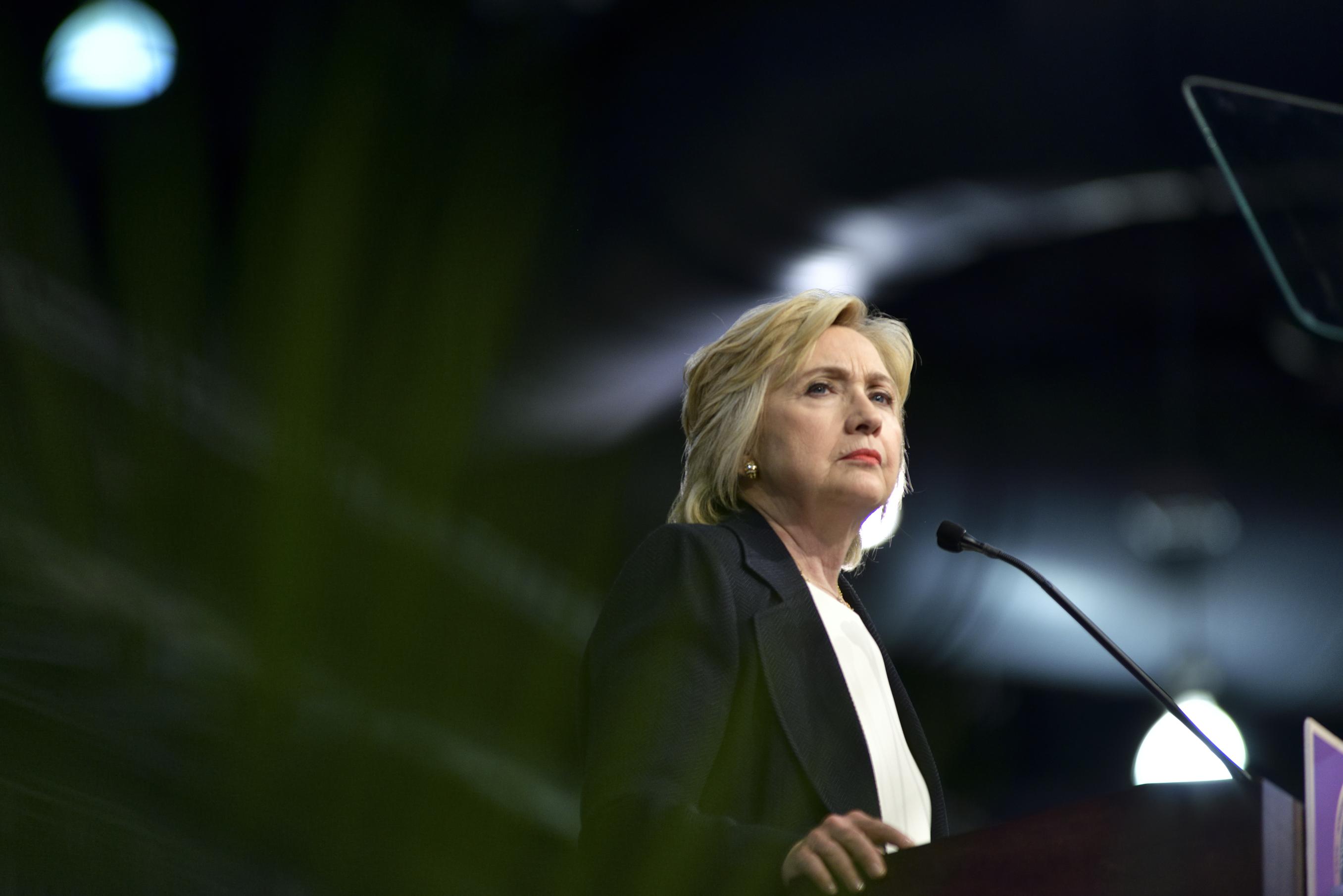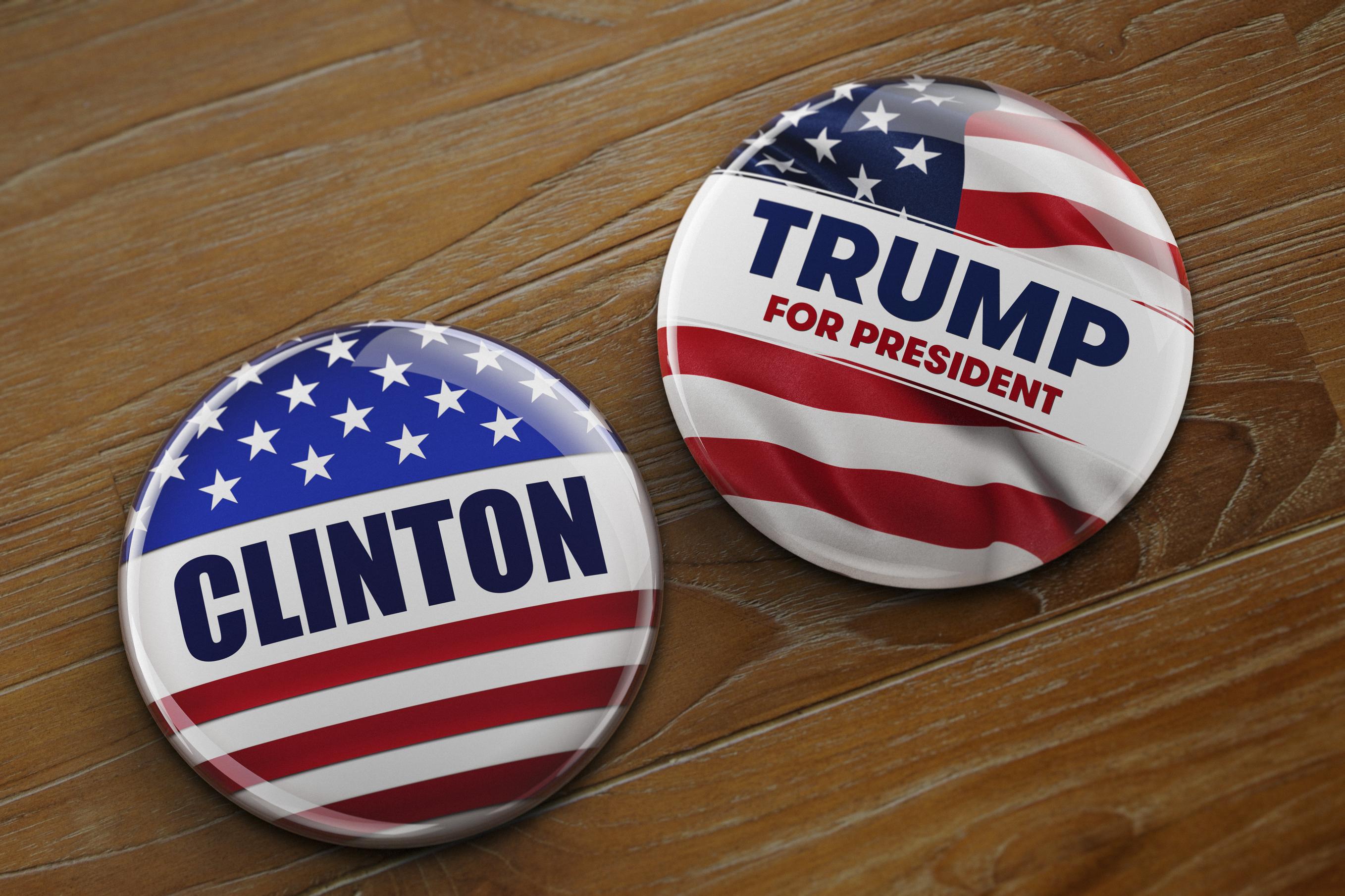
Emotional reactions have come to define many recent events, such as Britain’s decision to leave the European Union and Colombia’s decision not to agree to a peace deal with the FARC rebels. The stratospheric rise of Donald J. Trump follows the success of Rodrigo Duterte in the Philippines and the advance of the European far-right in reflecting deep disenchantment with the political establishment and total disillusionment with the current roster of leaders.
These reactions also reveal deeply held fears and the perceived erosion of the social fabric. “As with the recent Brexit vote, the election of Trump in the U.S. is a powerful statement of growing nationalism,” said Peter Zemsky, INSEAD Professor of Strategy and our Dean of Executive Education in reaction to Trump’s win.
They also reveal anxiety. Just last year, which now seems another age entirely, a small symposium on government and progress was being held at INSEAD’s Europe campus in Fontainebleau, France where academics, policymakers, business leaders and consultants were debating why dissatisfaction with government was growing so rapidly.
Maria Guadalupe, INSEAD Associate Professor of Economics and Political Science, and Subramanian Rangan, INSEAD Professor of Strategy, concluded at the time that “the declining level of trust in government may reveal as much or more about our evolving conception of progress as it may about the role and contribution of government”.
World economy Trumpled
The rising expectations that Trump’s voters have for his presidency could, therefore, be misplaced. “Trump is alleged to have said in ‘off-the-record’ remarks to journalists that his campaign rhetoric was designed only to win office and will not provide a guide to his actions as president. In this case, however, he would sorely disappoint the older, white male working-class Americans who put him in the White House, but then found out that they could not rely on a real-estate billionaire to champion their cause,” said INSEAD Professor of Political Science Douglas Webber.
This suggests that as much as Trump’s supporters are grinning today, the problems that they see afflicting them may not go away quickly. They may even be exacerbated by the uncertainty that could weigh on the economy.
“It is hard to predict the outcome of a Trump presidency when he spent so little time talking about policies and the little time he spent he gave contradictory views often,” said INSEAD Professor of Economics Antonio Fatas. “We now enter a period of great uncertainty, but it is uncertainty with a heavy downside risk,” he added.
Fatas also points out that if Trump lives up to some of his economic promises, such as embarking on trade wars, the uncertain scenario that is already likely to result in a low-growth situation or even a recession would be made even worse if any of these negative scenarios materialise.
“Europe is likely to follow,” he said. “Fundamentals in Europe are weak and a crisis of confidence will send Europe to a similar path, more so given the limited room monetary and fiscal policy has.”
Webber concurs with Fatas. “If Trump is true to his word, American protectionism is likely to provoke trade wars that, on the model of the 1930s, could plunge the world economy into recession. A withdrawal of the security umbrella that the U.S. has provided in Europe and East Asia since the late 1940s would likely create destabilising political vacuums and increase the likelihood of military conflicts. Without American support, coordinated international action to combat climate change – to which Trump is hostile – is likely to collapse.”
The possible bright spots
But it’s not all bad, suggests INSEAD Marketing Professor Phil Parker, whose personal view is that there is a “very high chance America will thrive.”
He suggests the election of movie actors, peanut farmers and a “whole assortment of candidates to the highest office” is a demonstration of America’s value of diversity.
Parker forecasts that for business, America under Trump could see a much needed simplification of the U.S. tax code, a decrease in Wall Street’s influence and an increase in the influence of small business. He reckons free trade will continue to take place between free countries and only trade practices to/from “not free” countries will likely be affected.
For the government itself, he believes Trump’s business credentials will result in “an elimination of departments, agencies and initiatives that do not deliver results, a pairing of IT or other tech initiatives that have actually increased the cost of government and a re-orientation to urban development with the private sector taking the lead.” Parker also anticipates health care regulations could be fixed differently, allowing cross-state competition and reducing government involvement.
For academics, Parker is somewhat excited about the potential of a Trump experiment. “We need variations in data in order to draw more informed conclusions. What would happen if America elects someone with absolutely no political experience? What would happen? Until now, we have not had any insights for lack of data. We now have one,” he said.
The surprising jump in the U.S. markets on the first day of trading after the election may also suggest that “the initial scare seems to have reversed,” says Theo Vermaelen, INSEAD Professor of Finance. “Of course, the overall market index hides differences across companies and industries. The biggest gainers were financial firms who are looking forward to the deregulation promised by Trump, as well as the prospect of higher interest rates. Other winners were biotechnology firms and pharmaceuticals who were concerned that Hillary Clinton would control drug prices as well as oil service firms that like the energy policy of Trump. For the same reason, renewable energy stocks and utility stocks with investments in renewables took a hit. Gun manufactures were also losers because Trump will not take away people's guns, reducing the urgency to buy guns. Interestingly, the largest gainer on the day after the election was Corrections Corporation of America/CoreCivic (43 percent rise) a company that manages prisons, possibly reflecting Trump’s strong stand against crime. The initial general positive market reaction was not reversed in the following days. On the contrary, in the three days after the election results, the Russell 2000, which is composed of relatively small firms increased by 7 percent, so we can really speak of a Trump rally,” he said.
Divided we fall
But the divisiveness of the campaign was undeniable. Independent of divisive campaigning, the polarisation of America has worsened with Democrats and Republicans increasingly congregating with others of similar beliefs and income profile, leaving social rifts that will take more than a conciliatory speech to heal, especially as it looks like Trump’s rival, Hillary Clinton, won the popular vote.
Some understanding will be necessary for healing. The margin by which Trump won non-college educated white voters surpassed even Mitt Romney’s margin in 2012 as inflation-adjusted incomes have fallen among middle-aged white men with only high school qualifications. Clinton is said to have won around 6 out of 10 votes in cities with more than 50,000 residents, while Trump won around 6 out of 10 votes in small towns and rural areas.
At INSEAD, “we have always sought to serve as a platform for global understanding and bridge building…we believe our mission is, sadly, more relevant than ever,” said Zemsky.
Peter Zemsky is a Professor of Strategy at INSEAD. He is also Dean of Executive Education and Dean of Innovation.
Maria Guadalupe is an Associate Professor of Economics and Political Science at INSEAD. She is the Academic Director of the INSEAD Randomised Control Trials Lab and a member of the school’s European Competitiveness Initiative.
Subramanian Rangan is a professor of strategy and management at INSEAD and The Abu Dhabi Crown Prince Court Endowed Chair in Societal Progress. He is also the programme director of AVIRA: Awareness, Vision, Imagination, Role, Action, one of INSEAD’s executive development programmes.
Douglas Webber is a Professor of Political Science at INSEAD.
Antonio Fatas is a Professor of Economics at INSEAD. He is also the Portuguese Council Chaired Professor of European Studies and the Chair of the Economics and Political Science Area at INSEAD.
Phil Parker is an INSEAD Professor of Marketing and the school’s Chaired Professor of Management Science.
Theo Vermaelen is a Professor of Finance at INSEAD and the UBS Chair in Investment Banking, endowed in memoriam Henry Grunfeld.
-
View Comments
-
Leave a Comment




No comments yet.